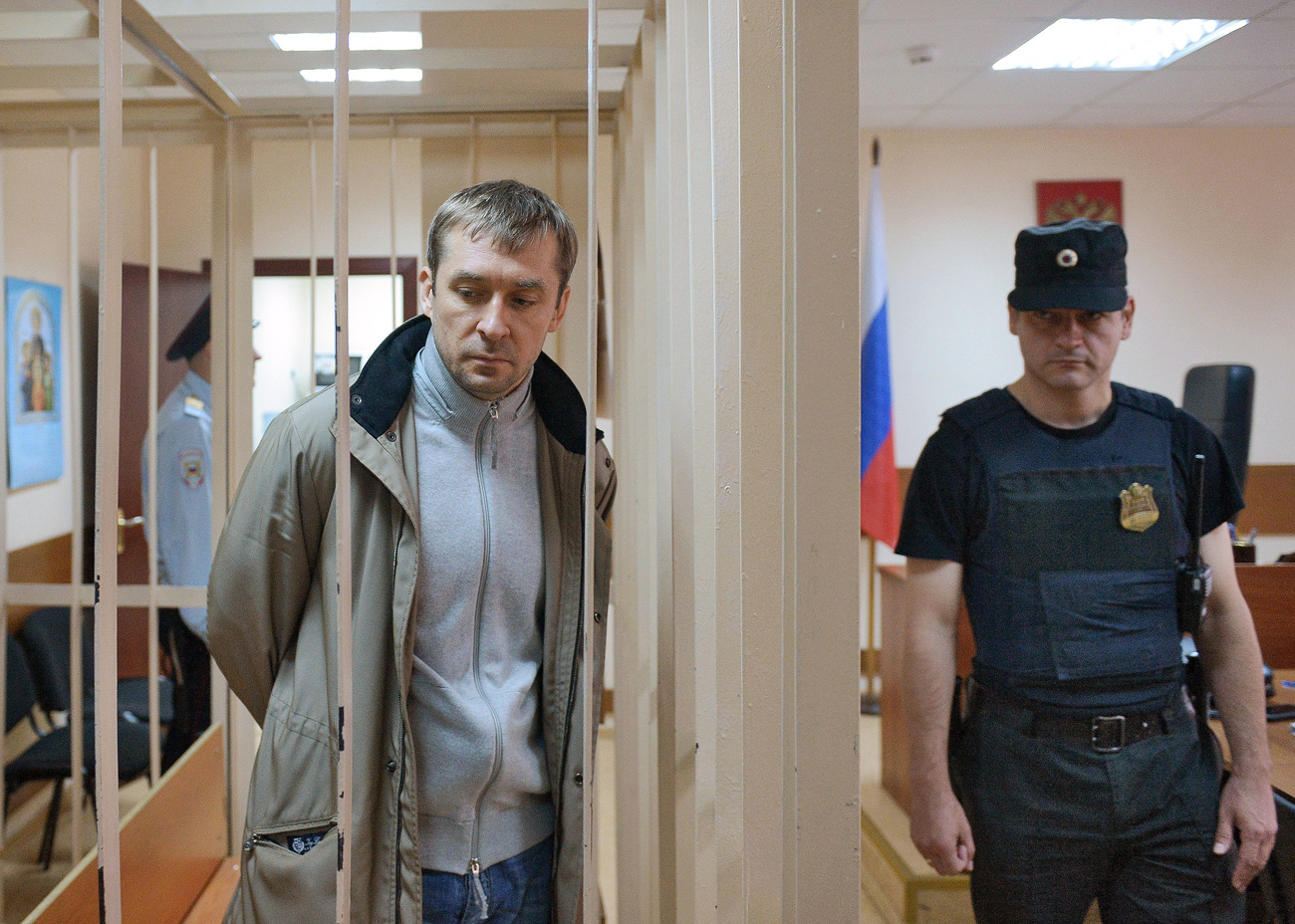Is it necessary to break the law to improve your standard of living?

The study assessed attitudes about non-violent legal violations, such as working "off the books" or not officially registering a business.
Vyacheslav Prokofyev/TASSThirty percent of Russians believe that they can increase revenues or improve their standard of living only by violating the law, a recent survey carried out by RANEPA's Center for Socio-Political Monitoring found.
"Alarming symptom"
Respondents' agreement with this point of view depends on their economic well-being, experts say. The worse their financial situation, the more they believe they need to break the law to become wealthier. For example, 52 percent of respondents with low incomes feel this way.
The study assessed attitudes about non-violent legal violations, such as working "off the books" or not officially registering a business, the Center's director Andrei Pokida told RBC. The survey was conducted by personal interviews with 1,600 people from 35 regions.
"This is an alarming symptom, as citizens' attitudes toward the shadow economy and their willingness to engage in this process can be observed against the background of a gradual decline in real incomes of the population," the researchers state. The average income of Russians has decreased by 6.1 percent during the past last year, a record decline since 1999.
Almost half of Russians justify the shadow economy
Experts found that working people have a "very approving" attitude towards various forms of the shadow economy.
While only 7.2 percent of respondents believe that it does more benefit than harm, 34.5 percent of respondents believe the shadow economy is more beneficial than harmful, and 38.3 percent are inclined to think that it brings both benefit and harm equally; the rest found it difficult to reply. These statistics imply that about 45 percent of the employed population of Russia justify the informal economy.
Compared to previous survey results, the number of people who clearly approve of the informal economy decreased, down from 10.5 percent in 2013. However, the proportion of those who were neutral slightly increased, up from 33.2 percent. But Russians were even more tolerant of the shadow economy in 1990: 49.5 percent were convinced that it brought both benefit and harm, 21 percent supported it and only 13.5 percent opposed it.
Over the subsequent 11 years, though, attitudes changed dramatically. In 2001, the number who supported the informal economy dropped to a historic low of 2.1 percent, while those opposing it increased to 49 percent; 26.7 percent remained neutral.
According to RANEPA's June estimates, about 30 million people are engaged in Russia's shadow labor market, or 40.3 percent of the economically active population. Of these, 8.7 million people (11.7 percent) are completely excluded from the official workforce, while the remaining receive a portion of their salary "under the table" or have additional unreported earnings.
First published in Russian by RBC
Read more: Drawing a portrait of the average corrupt Russian>>>
Subscribe to get the hand picked best stories every week
All rights reserved by Rossiyskaya Gazeta.
Subscribe
to our newsletter!
Get the week's best stories straight to your inbox

